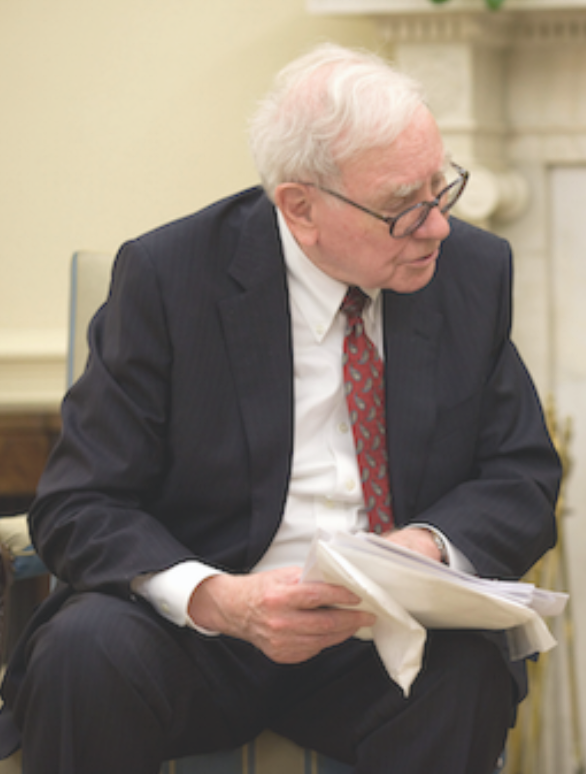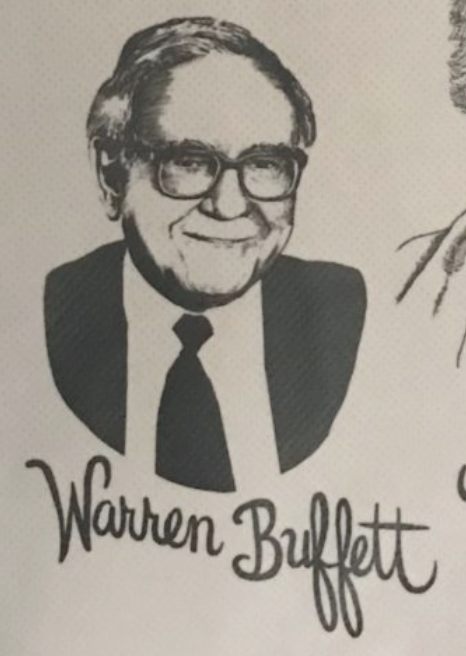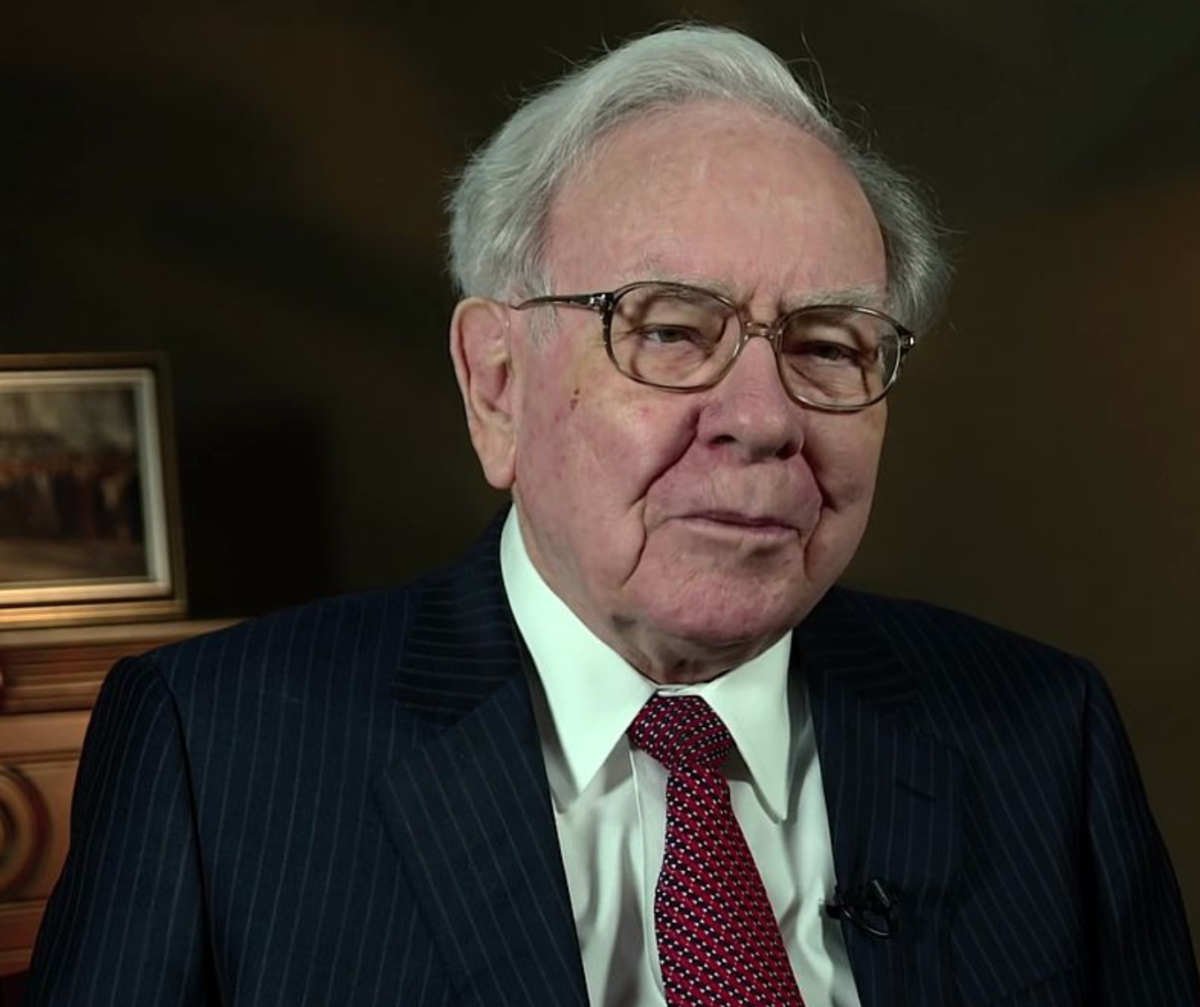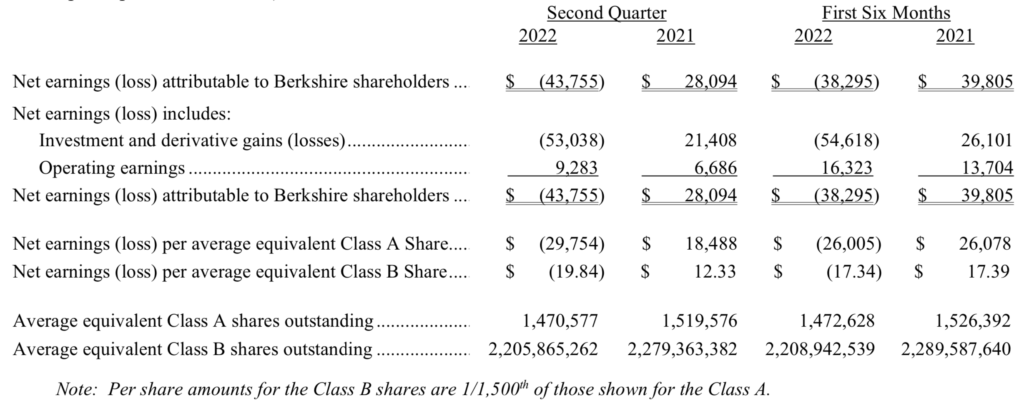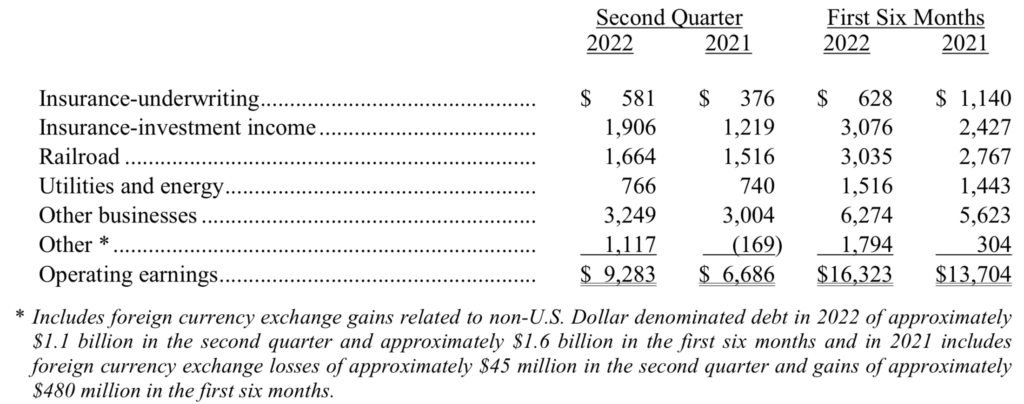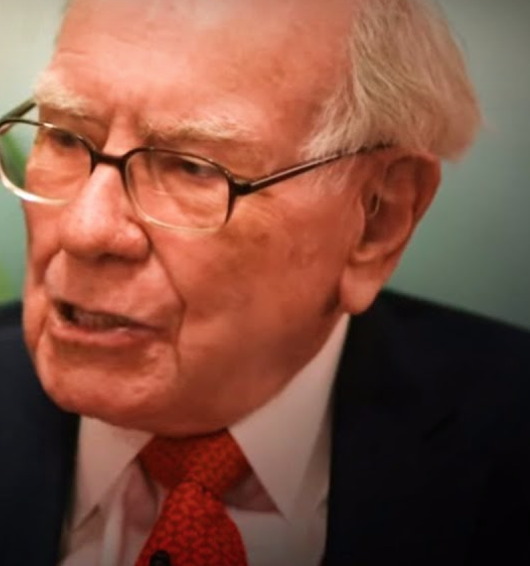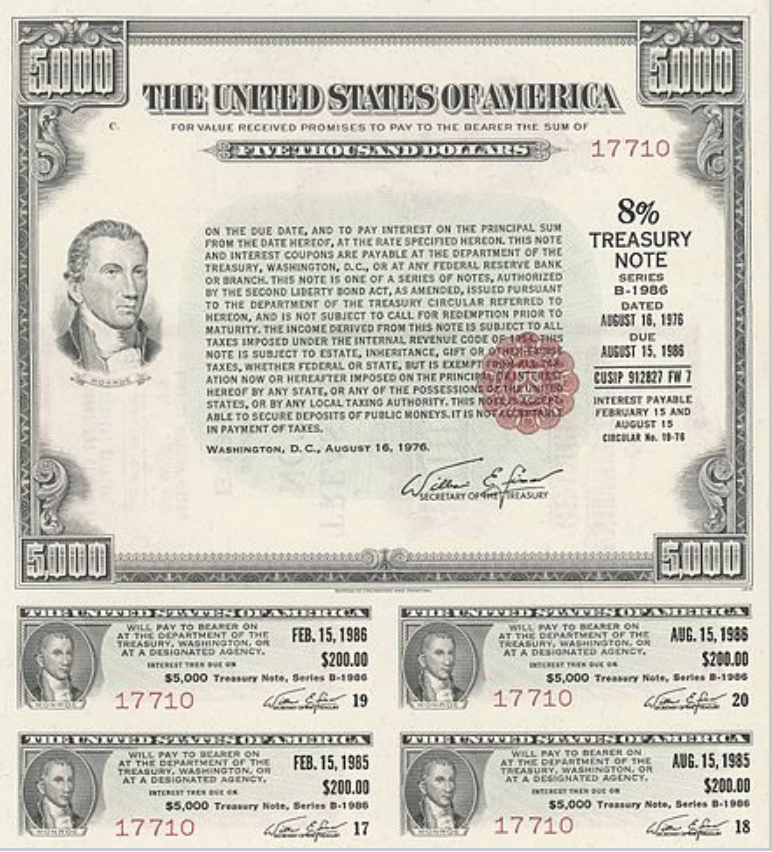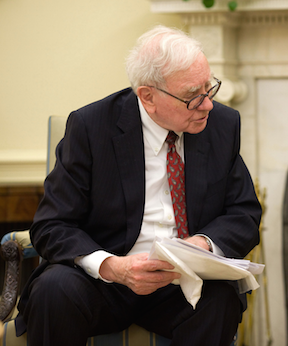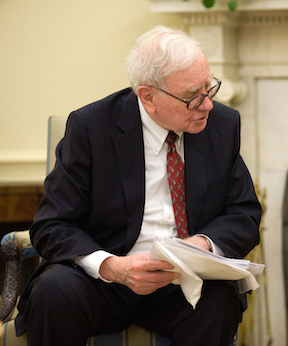by Fred Fuld III
There are only several more days until Christmas, and you are probably looking for that last minute gift for a relative or a friend. Why not give a present of an investment or business book?
Here are some examples that you may want to consider, broken down by category.
Stock Trading & Investing Books
These books are all about either day trading, swing trading, or investing in stocks.
Beat The Crowd: How You Can Out-Invest The Herd By Thinking Differently
by Ken Fisher
Investment Guide
by Gary Charles Palmer
Unleash Your Investments
by John Hagensen
Stock Traders Almanac
by Jeffrey A. Hirsch
(every stock trader should have this book)
Day Trading Journal
Wall Street News Network
Stock Trading Journal
Wall Street News Network
How to Day Trade for a Living: A Beginners Guide to Trading Tools and Tactics, Money Management
by Andrew Aziz
How to Make Money in Stocks: A Winning System in Good Times and Bad
by William J. O’Neil
Stock Trading: THE BIBLE This Book Includes: The beginners Guide + The Crash Course + The Best Techniques + Tips and Tricks + The Advanced Guide Immediate Cash With Stock Trading
by Samuel Rees
A Beginner’s Guide To Day Trading Online 2nd Edition
by Toni Turner
The 1 Hour Trade: Make Money With One Simple Strategy, One Hour Daily
by Brian P Anderson
Investment Trivia
by Fred Fuld III
Trade Like Warren Buffett
by James Altucher
Most people don’t realize that not only is Warren Buffett an investor, but he is also a trader, and a successful one at that.
High-Probability Trade Setups: A Chartists Guide to Real-Time Trading
by Timothy Knight
How to use technical approaches to find the best stock trade setups.
Think & Trade Like a Champion: The Secrets, Rules & Blunt Truths of a Stock Market Wizard
by Mark Minervini
The book covers personal trading rules and the secret techniques that made the author one of America’s most successful stock traders.
Trading in the Zone: Master the Market with Confidence, Discipline, and a Winning Attitude
by Mark Douglas
Learn the reasons for lack of consistency and how to overcome the ingrained mental habits that cost money.
Wall Street News Network Day Trading Journal: Notebook Diary Log for your Stock, ETF, and Option Trades
by Wall Street News Network
A journal with over 100 pages of specially designed fill-in-the-blank pages to track all your stock, ETF, and option trades, whether they are long or short trades. Fields include: Date, Symbol, Company, Transaction Recommended By, Why decision was made to do this transaction, Buy or Short, # of Shares, Price/share, Commission, Subtotal of opening transactions, Total opening transaction, and much more.
Wall Street News Network Stock Trading Journal: Notebook Diary Log for tracking your stocks, options, and ETFs trades
by Wall Street News Network
A logbook for tracking your stock trades and investments, priced at less than $7.
Option Volatility and Pricing: Advanced Trading Strategies and Techniques, 2nd Edition
by Sheldon Natenberg
An extensive guide to trading stock options.
Swing Trading with Options: How to Trade Big Trends for Big Profits
by Ivaylo Ivanov
Using stock momentum to generate profits on options over a three to six month time period.
Penny Stock Trading Journal: Notebook Diary Tracker of Your Penny Stock Transactions
by Borsa Valori
A five star rated book designed for you to keep track of your penny stock trades and transactions.
Warren Buffett Books
Here are his recommended books about himself.


Berkshire Beyond Buffett: The Enduring Value of Values


Berkshire Hathaway Letters to Shareholders


50 Years of Berkshire Hathaway Wall Print
This is actually a wall print poster.


Buffet: The Making of an American Capitalist


Buffett’s Bites: The Essential Investor’s Guide to Warren Buffett’s Shareholder Letters
Historical Books About Wall Street
Reminiscences of a Stock Operator – first published in 1923
by Edwin Lefevre
This is the classic book on investing, trading, market timing, and crowd psychology, just as true today as it was almost a century ago. It is based on the life of top notorious trader, Jesse Livermore.
My Adventures with Your Money – first published in 1911
by George Graham Rice
About a conman who make money off the early gold mining stock boom.
The PLUNGERS and the PEACOCKS. 150 years of Wall Street – published in 1967
by Dana L. Thomas
Written during the bull market of the 1960s, it provides an entertaining history of the stock market.
Den of Thieves – published in 1991
by James B. Stewart
The “newest” of these old books, it covers the insider trading scandals involving Ivan Boesky, Michael Milken, and other Wall Street financiers during the 1980s.
Storming The Magic Kingdom – published in 1987
by John Taylor
A must read book about the fight for control of one of America’s most famous companies.
Extraordinary Popular Delusions and the Madness of Crowds (1841) by Charles Mackay included as part of Stock Market Trivia Volume 2 (2014)
The Extraordinary Popular Delusions book was written in the mid-1800s. It has many chapters, but most are unrelated to investing, such as alchemy, witches, haunted houses, etc. However, three of the chapters have extensive and entertaining information about three of the largest investment bubbles in history: the Mississippi Scheme, the South Sea Bubble, and the Tulip Mania. These three chapters are included as the last half of the Stock Market Trivia Volume 2 book. (In interest of full disclosure, I wrote the Stock Market Trivia 2 book.) In addition, the trivia book includes such things as the chocolate chip cookie/stock market correlation, celebrity stock indices, weird stock certificates, and more.
Books About Investment Scams
Wolf of Wall Street Books
The Wolf of Wall Street
by Jordan Belfort
This is the autobiographical story about the guy who made hundreds of millions of dollars by pumping and dumping low priced and penny stocks. The book is filled with sex and drugs and every other kind of decadence. A Martin Scorsese movie starring Leonardo DiCaprio was made from this story. Be forewarned: the chapter that took place in the hospital gave me nightmares for a couple weeks.
Catching the Wolf of Wall Street: More Incredible True Stories of Fortunes, Schemes, Parties, and Prison
by Jordan Belfort
This is the followup to the previous book. What happens when Belfort is arrested, how a case was built against him, and what happens after prison.
Bernie Madoff Books
No One Would Listen: A True Financial Thriller
by Harry Markopolos
A New York Times bestseller about how Markopolos uncovered Madoff’s scam.
The Wizard of Lies: Bernie Madoff and the Death of Trust
by Diana B. Henriques
All about how Madoff pulled off the biggest Ponzi scheme in history. Over 130 five star ratings on Amazon.
The End of Normal: A Wife’s Anguish, A Widow’s New Life
by Stephanie Madoff Mack
An inside look at the Madoff family written by the widow of Mark Madoff and the daughter-in-law of Bernard Madoff.Over 200 five star ratings.
Betrayal: The Life and Lies of Bernie Madoff
by Andrew Kirtzman
An in-depth look at Madoff and his victims.
Elizabeth Holmes & Theranos Books
Bad Blood: Secrets and Lies in a Silicon Valley Startup
by John Carreyrou
Named one of the best books of the year by NPR, The New York Times Book Review, Time, Wall Street Journal, and the Washington Post. An in-depth look at Theranos and Elizabeth Holmes. Over 2,600 five star ratings.
Billion Dollar Facade: The Rise And Fall Of Theranos And Elizabeth Holmes
by Phil C. Senior
Short 140 page summary of the Theranos scam.
Other Books about Scams
Scam Me If You Can: Simple Strategies to Outsmart Today’s Rip-off Artists
by Frank W. Abagnale
Abagnale was the guy who wrote the book on scamming, Catch Me If You Can, which was made into a major motion picture.
How to Smell a Rat: The Five Signs of Financial Fraud
by Ken Fisher
How investment fraudsters operate and how to avoid them. Written my billionaire money manager and former long time Forbes columnist Ken Fisher.
Billion Dollar Whale: The Man Who Fooled Wall Street, Hollywood, and the World
by Tom Wright & Bradley Hope
Named a Best Book of 2018 by the Financial Times and Fortune, it is about the man who swindles $5 billion with the help of Goldman Sachs.
Real Estate Investing
The following are some recent top selling books on real estate investing, shown by category.
Rental Property Investing
by Charles Pennyfeather
Real Estate Investment
by Lee Strong
Keep Claiming It!: A Guide To Property Depreciation
by Tyron Hyde
Disclosure: A few of the above books were written by me.
This page contains Amazon Affiliate links

